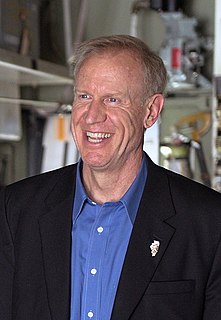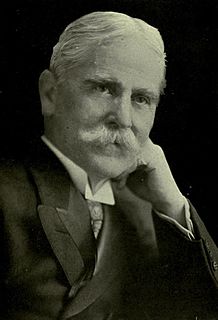A Quote by George P. Shultz
Negotiations are a euphemism for capitulation if the shadow of power is not cast across the bargaining table.
Quote Topics
Related Quotes
We are, in fact, hyper-dimentional objects of some sort which cast a shadow into matter, and the shadow in matter is the body. And at death, what happens basically, is that the shadow withdraws, or the thing which cast the shadow withdraws, and metabolism ceases, and matter which had been organized into a dissipative structure in a very localized area, sustaining itself against entropy by cycling material in and degrading it and expelling it, that whole phenomenon ceases, but the thing which ordered it is not affected by that.
In the world of physics we watch a shadowgraph performance of the drama of familiar life. The shadow of my elbow rests on the shadow table as the shadow ink flows over the shadow paper. It is all symbolic, and as a symbol the physicist leaves it. ... The frank realisation that physical science is concerned with a world of shadows is one of the most significant of recent advances.




































